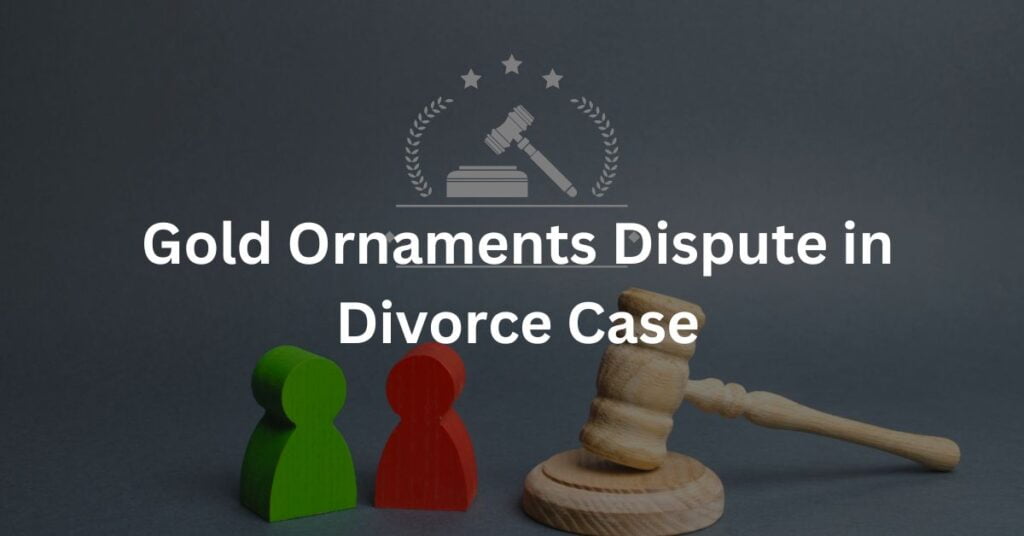Delhi High Court, October 19, 2023 – In a recent judgment, the court upheld the divorce pronounced by the Family Court based on the wife’s cruelty against her husband. The case involved an appeal filed by a wife, seeking to set aside a judgment that had dissolved her marriage under Section 13(1)(ia) of the Hindu Marriage Act, 1955.
The marriage between the appellant-wife and the respondent-husband was solemnized on November 18, 2010, following Hindu rituals and ceremonies. However, the appellant claimed that she was subjected to cruelty by her husband, leading her to file complaints with the Crime Against Women Cell in 2011. She alleged that on March 5, 2012, she was brutally beaten by her husband and his family members, eventually being thrown out of her matrimonial home while pregnant.
The respondent-husband had filed a petition seeking dissolution of the marriage, claiming that there were no children born out of the union. The Family Court framed several issues for consideration, including whether the respondent treated the petitioner (appellant) with cruelty.
During the legal proceedings, the appellant filed a petition under the Protection of Women from Domestic Violence Act, 2005, against the respondent and his family. The court examined both parties and made observations on the issues, ultimately concluding that the petitioner had been treated with cruelty by the respondent.

The learned Family Court subsequently dissolved the marriage on May 12, 2022, under Section 13(1)(ia) of the Hindu Marriage Act, 1955, which allows for divorce due to cruelty.
The appellant challenged this judgment, alleging that the Family Court had not considered important documents and had ignored her claims of cruelty. She argued that the cruelty was inflicted upon her, not the other way around. She also pointed out that the respondent initially claimed that no child was born of the marriage, but he later admitted to fathering a daughter during his cross-examination.
During the legal proceedings, it was revealed that the couple had lived separately for more than a decade. Their long separation, coupled with the inability to reconcile, was deemed a form of extreme cruelty. The Court, therefore, found in favor of the dissolution of the marriage.
In the final paragraphs of the judgment, the Court acknowledged that, despite the allegations and counter-allegations, the mutual trust and compatibility between the parties had eroded to the point of no return. The marriage was considered beyond repair, and the continued legal tie served no purpose other than to prolong the suffering of the parties involved.
In the application for additional evidence, the appellant also alleged that the respondent had contracted a second marriage during the ongoing divorce proceedings and had fathered two children from this new relationship. The Court held that such a subsequent event could not disqualify the husband from obtaining a divorce based on the proven grounds of cruelty.
The Court’s decision underscores the importance of trust and mutual respect in a marriage and the need to consider the overall facts and circumstances when allegations of cruelty arise. The judgment can be seen as a reminder of the need for thorough examination in matrimonial disputes and the potential consequences of raising unfounded allegations.
Download Judgment
Click above to download this Judgment in the case titled MAT.APP.(F.C.) 146/2022. It can serve as a valuable resource for legal reference.


